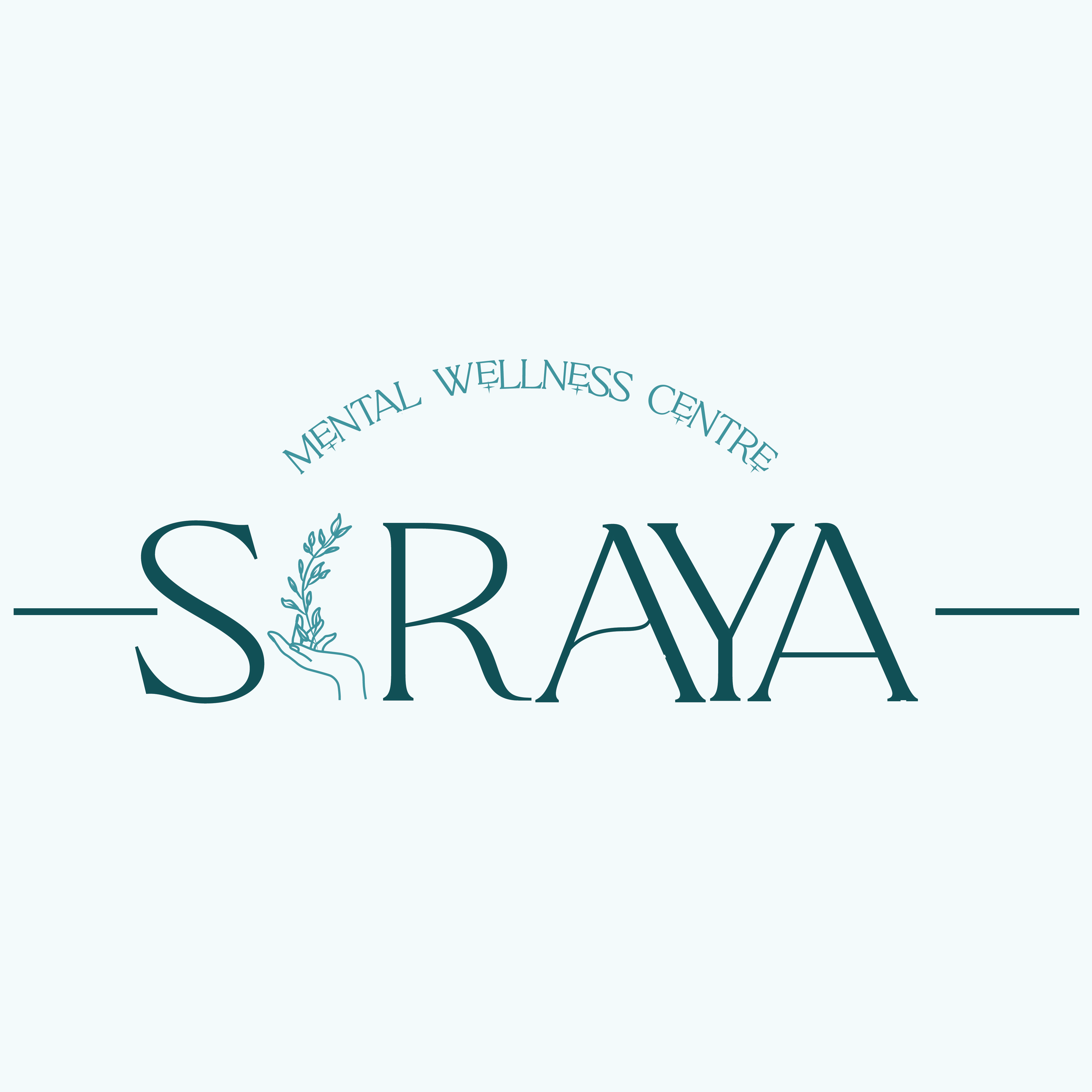Toxic parenting is one in which parent/child fail to communicate or relate to one another in healthy ways, and often conflict arises between them.
Child lacks support from parents and experiences general distress and displeasure towards them. Such toxic relationships usually begin in childhood and continue into adulthood.
These relationships can have a negative impact on children’s mental and physical health.
Anyone can be a toxic parent, including mothers, fathers, step-parent, or adopted parents or care-givers of a child.
Toxic parents fail to provide one of the components of a healthy parent/child relationship, that includes love, care, warmth, nurturance, understanding, protection, appropriate modeling, teaching aids, healthy boundaries and limits.
According to Dr. Jason Whiting, “Toxic relationships wear people down and have serious effects on one’s self-worth and feelings of dignity. They can be traumatic and leave permanent emotional damage.
Signs of toxic parenting-
- Controlling a child’s life- Toxic parents tend to ignore children’s choices, interests, and accomplishments. This can be hurtful for children who desire their parent’s approval, and develop low self-esteem in later life. They often display their controlling behavior by being emotionally, verbally, physically or sexually abusive towards their children.
- Compromises with child’s needs– Toxic parents often prioritize their own needs, desires, and wants before those of their children. Sometimes they do encourage or seem to be proud of their children, to reinforce certain toxic behavior towards children. They are competitive, self-absorbed and always have a need to elevate their own image in society at the cost of child’s development.
- Violating Boundaries- Toxic parents tend to call excessively, drop by unannounced, or befriend other people in their child’s life to get closer to them. Either way, these instances of boundary crossings are hurtful and threaten the children’s ability to develop healthy relationships with their parents and other people. They fail to teach children to learn healthy boundaries.
- Displacing their emotions on a child- Toxic parents may use their children as an outlet for their emotion expressions. For example, they express their anger toward their work, spouse or any other reason out of their children. This can be painful and confusing for children as they learn to self-blame their parents’ anger and here parents fail to teach them healthy ways of managing their emotions. This can manifest a lot of guilt in children as they grow up.
- Putting unreasonable expectations- toxic parents are very critical towards their children and have unrealistic expectations from their children.
Adults who feels this are grown up in toxic environment-
- Questioning their self-worth
- Often feels guilty when self-cared
- Feels obligated to ignore their own feelings
- Often Feels “i owe to my parents”
- Constant fear of losing loved ones
How to deal with toxic parents-
- Setting healthy boundaries– In every relationship setting health boundaries are essential, it depends on the situation and relationship. You can start setting boundaries by limiting your contact to once a week, communicate firmly and be assertive, and share your life details according to your choice with parents.
- Validate your feelings- Raised by toxic parents might make you feel questioning your thoughts and feelings. We seek validation externally, it is important for you to recognize your own feelings and thoughts that they exist and others around you might not support you but you need to support and acknowledge its presence.
- Stop trying to Change them- Nobody can change anyone, it is impossible. Recognizing and accepting this reality is very important and empowering. Re-focus on what is in your control that is dealing with your own emotions, reactions to those toxicity and behavioral change if required.
- Always go with a Plan of Action- When you communicate with your parents, keep your discussion points ready on paper, tag along your support system (friend, or any family member with whom you feel safe), and discuss beforehand what kind of conversation can happen and avoid certain topics if required.
- Self-care- dealing with toxicity by maintaining health self care practice to alleviate stress. Self-care includes meditation, yoga, performing art, eating healthy, improving sleep patterns and journaling.
Seeking support- connecting people who can support you when you are in distress, reaching out to people, joining support groups, or engaging in community work. If required, seek professional help from a mental health professional or social worker.

